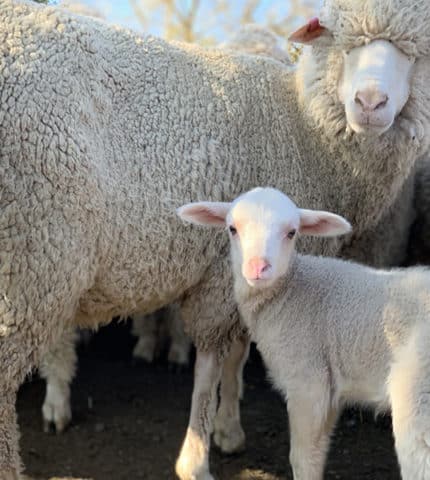Stellenbosch University (SU) is under investigation by the National Council of Societies for the Prevention of Cruelty to Animals (NSPCA) following disturbing allegations of animal mistreatment during research trials at its experimental farm.
The claims came to light after Farmer’s Weekly received a tip-off from a whistleblower, alleging that students in the Department of Animal Sciences used plastic bags to partially suffocate sheep in order to force them to defecate for sample collection. The method was reportedly used to expedite the release of manure and urine for nutritional uptake studies.
According to the source—who requested anonymity—the plastic bags were removed just before the animals lost consciousness, leveraging the physiological reflex of animals to defecate under extreme stress or near-death conditions.
The report further alleges that basic welfare standards were breached, with animals sometimes going without adequate food or water. The whistleblower stressed that students are trained in ethical animal handling protocols, which strictly prohibit acts such as pulling animals by their legs or ears, and mandate consistent access to water and food.
“These students are not SU undergraduates but postgraduates from other universities, which may follow different animal welfare standards,” the source claimed.
The NSPCA has confirmed that it is actively monitoring the situation, having escalated the complaint to SU’s Research Ethics Committee: Animal Care and Use. An internal investigation and disciplinary proceedings have reportedly begun.
“If verified, this conduct could constitute a violation of the Animals Protection Act,” said Jacques Peacock, Communications Manager at the NSPCA.
“Inducing urination or defecation through near-suffocation is not a scientifically or ethically accepted practice, and would raise serious animal welfare concerns.”
SU spokesperson Martin Viljoen stated that the university is treating the matter with the utmost seriousness.
“The committee has confirmed that no animals are currently in immediate danger,” he said.
“All individuals working with animals for research purposes undergo annual ethics training and operate under veterinary oversight.”
He added that SU could not comment further while investigations are ongoing.
The incident has sparked renewed debate about animal welfare standards in academic research and the ethical oversight of post-graduate research activities—particularly those involving students from multiple institutions.
As scrutiny intensifies, the outcome of the investigation is expected to shape future policies on the ethical treatment of animals in South African research environments.



